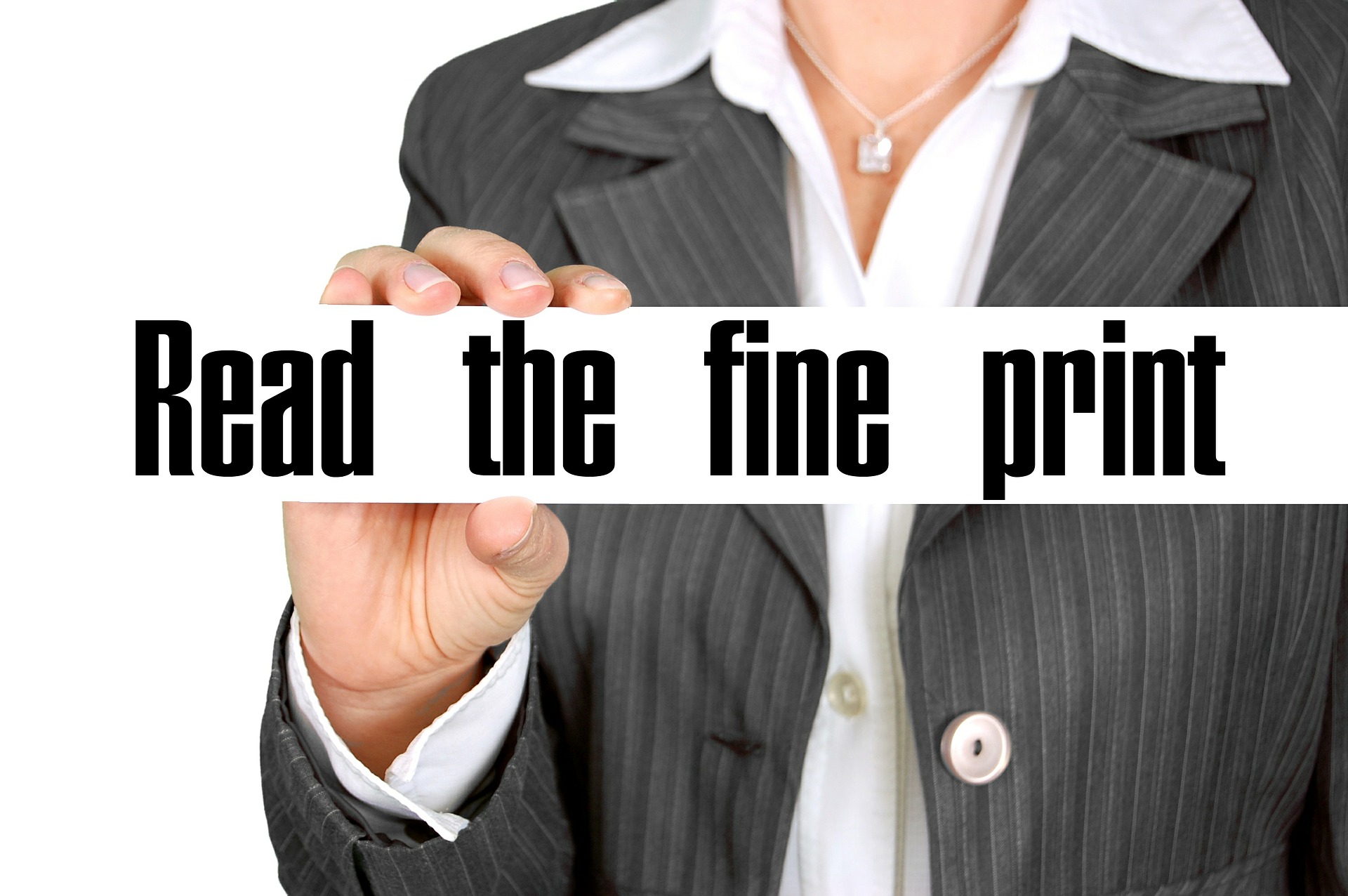The $2.1 million settlement against Lyft represents further progress with respect to the enforcement of companies’ responsibilities towards their freelancers.
Without admitting or denying any wrongdoing, ride hailing company Lyft agreed to pay a $2.1 million fine to settle charges levied by the U.S. Federal Trade Commission (FTC) in connection with claims that it materially misled potential drivers regarding how much money they could potentially earn working for the company. The settlement, which requires a judge’s approval, was filed on October 25 in a San Francisco federal court, the same day that a stipulated order was filed against the company for permanent injunction, civil penalty judgment, and other relief.
Lyft Advertises Inflated Income Potential
The case originates from advertisements that Lyft took out in 2021 and 2022 to hire more drivers during what the business referred to as a “supply crunch.” Their deceptive advertisements featured the hourly earnings of their most lucrative drivers only. The ads also included misleading information about “earnings guarantees,” giving the impression that drivers would definitely be receiving bonuses in addition to their ordinary earnings. Pursuant to the complaint, “Lyft used the hourly earnings calculation at the 80th percentile for a given region. As a result, even relying on Lyft’s own calculations, only the top 20% of Drivers — that is, only one in five Drivers — earned the hourly earnings figures quoted in the ads.” The complaint went on to state that “because Lyft presented the earnings claim as an hourly amount and did not disclose that tips were factored into the figure, many Drivers were likely to believe that the tips they earned would be additional to the hourly earnings advertised by the company.”
Thousands of Lyft drivers ultimately filed complaints with the FTC when their earnings fell far short of expectations. As one of Lyft’s dissatisfied drivers stated: “…This [is] unacceptable and not fair. . . . [Lyft] is misleading their drivers. [Lyft] should pay their driver[s] as stated, it shows I completed the task. As the driver, I expected to be paid for the service I rendered.”
Lyft’s actions violate, among other laws, Section 5 of the FTC Act (15 U.S.C. § 45), which applies to all marketing, advertising, and/or promotional practices. Specifically, all claims must be truthful and evidence-based, and not unfair and/or deceptive in any way. This is known as the “truth in advertising.” Pursuant to FTC Chair Lina Khan, “It is illegal to lure workers with misleading claims about how much they will earn on the job.” In addition to paying a $2.1 million civil penalty, the settlement will require the San Francisco based company to follow FTC best practices, including basing any future earnings claims on drivers’ typical incomes, providing evidence to support any such claims, and making any terms regarding earnings guarantees clear and conspicuous.
Lyft Failed to Respond to 2021 FTC Warnings

Pursuant to the complaint, the FTC warned Lyft in writing in 2021 that it could be liable for hefty civil penalties if it continued to promulgate the deceptive advertising, but “Lyft continued to make deceptive earnings claims in its advertisements even after receiving the Notice.” The FTC, having exhausted its options, referred the case to the Department of Justice, which then filed a complaint against Lyft on October 25. Lyft’s settlement offer was provided hours later by the company. Lyft provided the following statement in connection with the settlement on its website: “After productive discussions, we have agreed to pay the FTC $2.1 million USD to resolve their concerns. We agreed to this settlement because we recognize the importance of transparency in maintaining trust in the communities we serve.” The statement went on to reference new initiatives it would take to achieve compliance with the FTC’s requests, including distributing a new, comprehensive earning summary in early 2025 so that “drivers can see a breakdown of where every cent of the rider fare goes.”
The FTC is Cracking Down on Unfair Labor Practices as the Gig Economy Grows
This is not the first FTC action brought in favor of workers in the rapidly growing gig economy. For instance, in 2021, the FTC settled with Amazon in favor of Amazon’s “Flex drivers” after their tips were illegally withheld by the tech giant. Over $60 million was returned to the affected individuals. Similarly, in August, Care.com, a service that connects freelancing caregivers with families in need, agreed to a settlement requiring it to issue $8.5 million in refunds after deceiving caregivers about job availabilities and wages. They are also required to provide substantiation for any future earnings claims.
This settlement comes two years after the FTC issued its Policy Statement on Enforcement Related to Gig Work, which provides, among other things, as follows “American workers deserve fair, honest, and competitive labor markets. . . Over the past decade, internet-enabled “gig” companies have grown exponentially, and gig work now composes a significant part of the United States economy…Protecting these workers from unfair, deceptive, and anticompetitive practices is a priority. . .”
As Lyft works through the settlement process, it should also be focusing on repairing its relationship with its workforce and regain their trust once again. The $2.1 million settlement against Lyft represents further progress with respect to the enforcement of companies’ responsibilities towards their freelancers. The settlement, while modest in size, highlights the importance of maintaining truthful advertising practices in general.


Join the conversation!